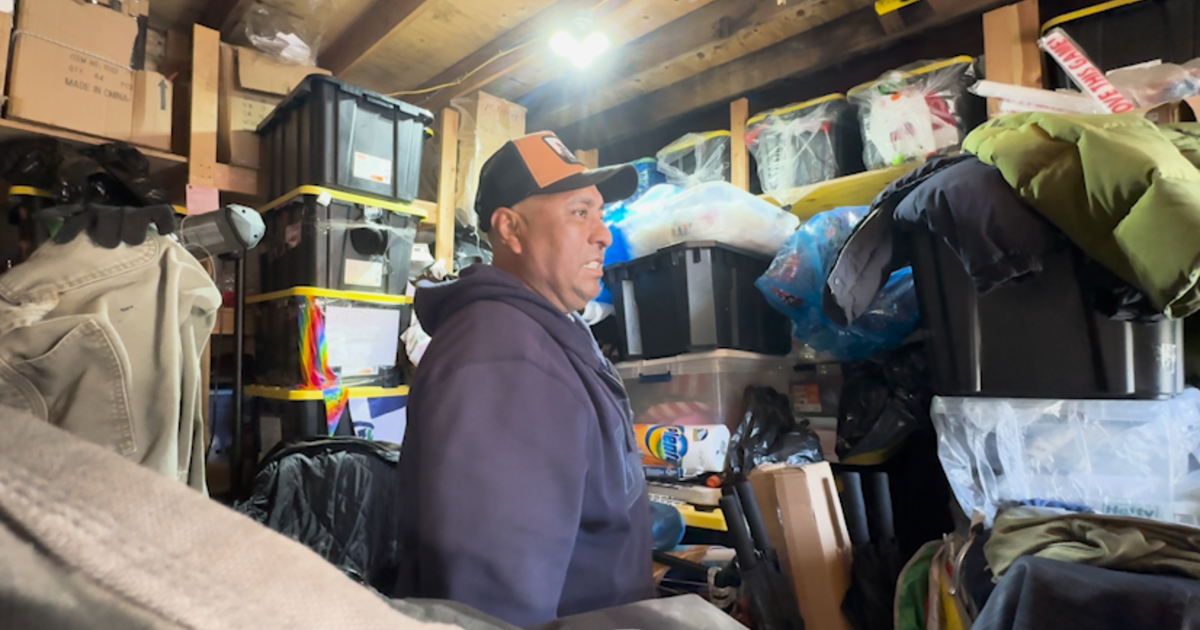West Nile Virus Hits Deadly Record High In New Jersey
BERGEN COUNTY, N.J. (CBSNewYork) - After a summer of warm and rainy weather, an explosion of mosquitoes has driven the number of West Nile virus victims to record levels in New Jersey, including the deaths of two people.
Health officials in 2017 tracked eight human cases of West Nile being reported, but for this year, that number is already at 31 confirmed cases.
MORE: New Jersey Department Of Health West Nile Information
"The number of human West Nile Virus cases is the highest we've seen since 2012, and the season is not over yet," said New Jersey Health Commissioner Dr. Shereef Elnahal.
In Bergen County, a 62-year-old man and an elderly woman died within the past month. Lodi resident Savinne Houston is especially concerned, stunned that the virus is hitting so close to home.
"You just don't think of that because you don't think you're in an area that's going to be bothering you," she said. "So when you hear about it it's like, now what?"
Officials urged residents to help in reducing mosquito populations in around homes by emptying and draining any standing water pots, gutters, kiddie pools and birdbaths once a week.
Bergen County officials say they are taking aggressive steps to reduce mosquitoes, including aerial spraying. County Executive Jim Tedesco says officials are working with local, state, and federal agencies to combat the growing mosquito population.
"West Nile Virus most often causes mild symptoms, such as fever, headache, body aches or a rash for healthy individuals, but it can cause severe illness in the elderly and those with compromised immune systems," said Elnahal.
The health commissioner adds the number of positive West Nile Virus mosquito pools is the highest ever reported, particularly in the northwestern and central parts of the state where the levels aren't usually high.



